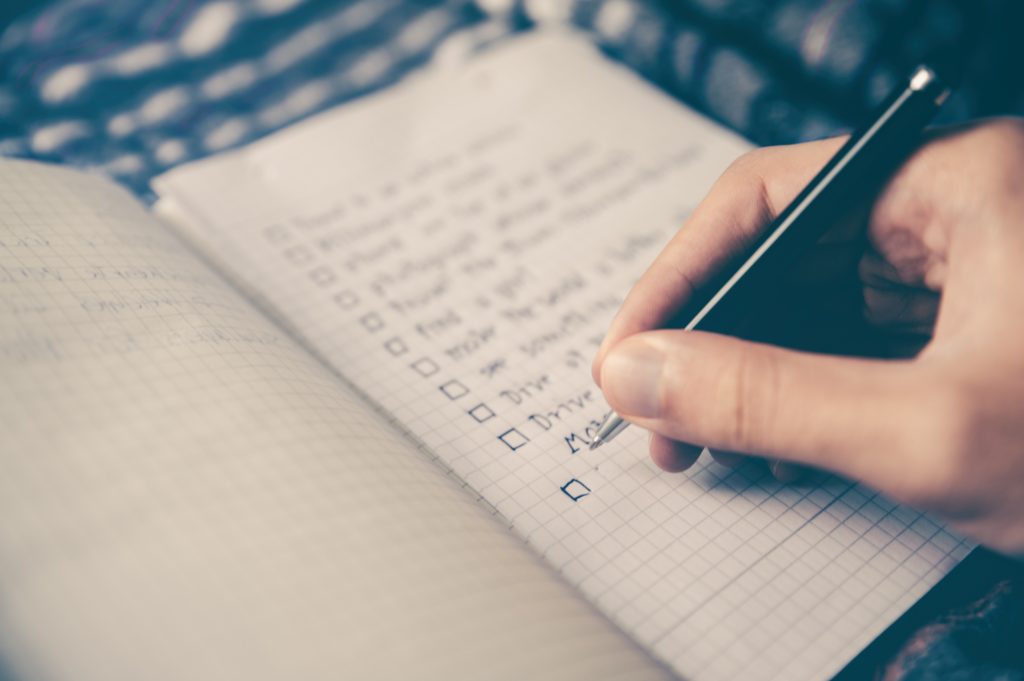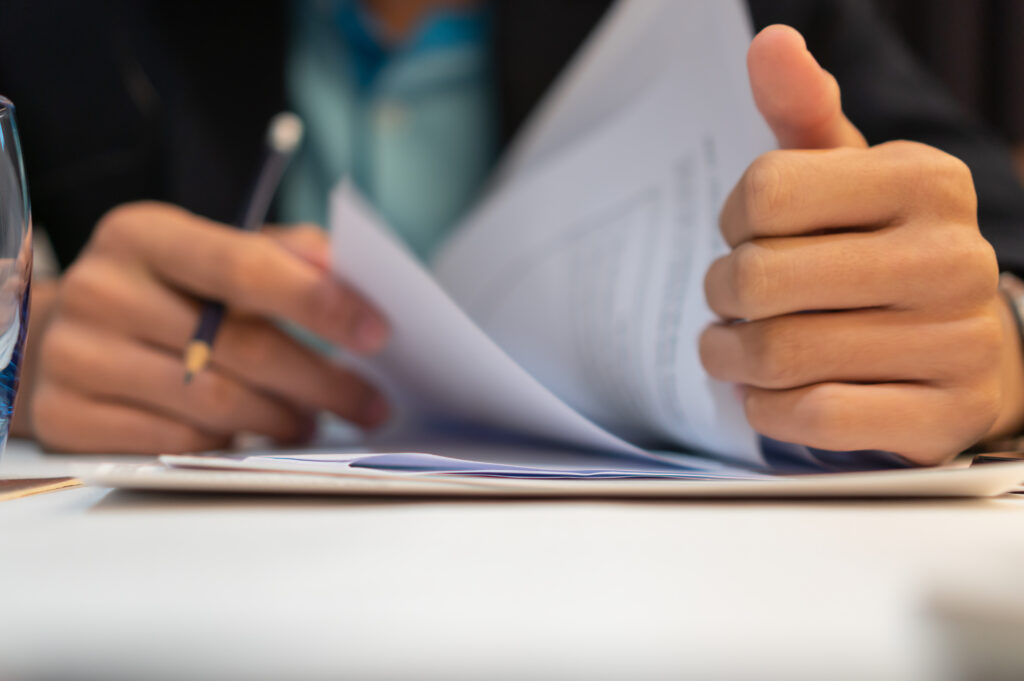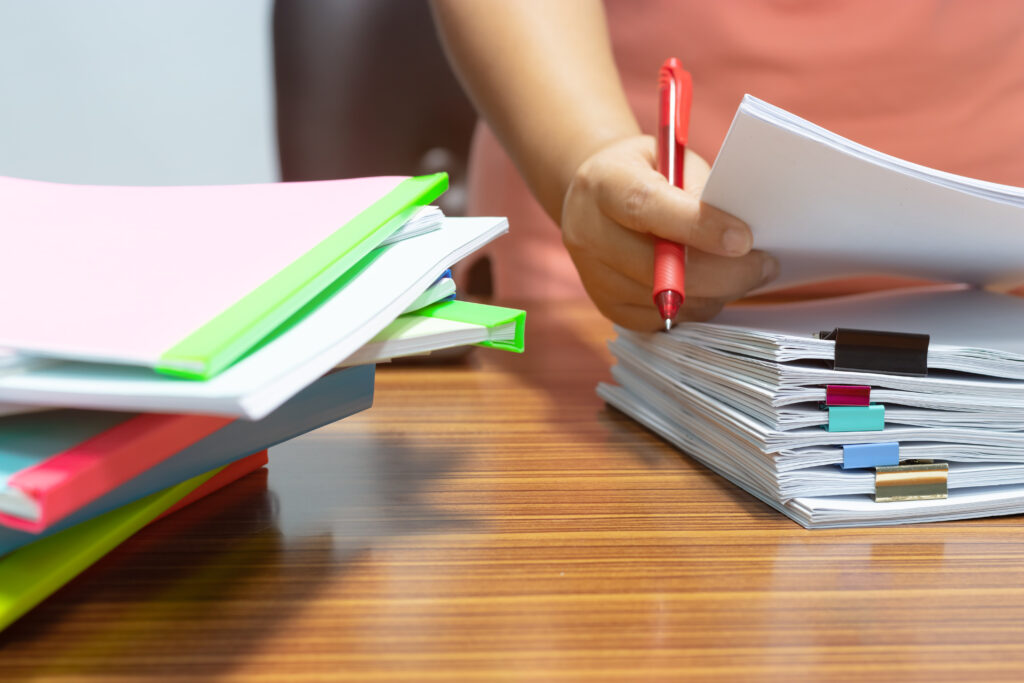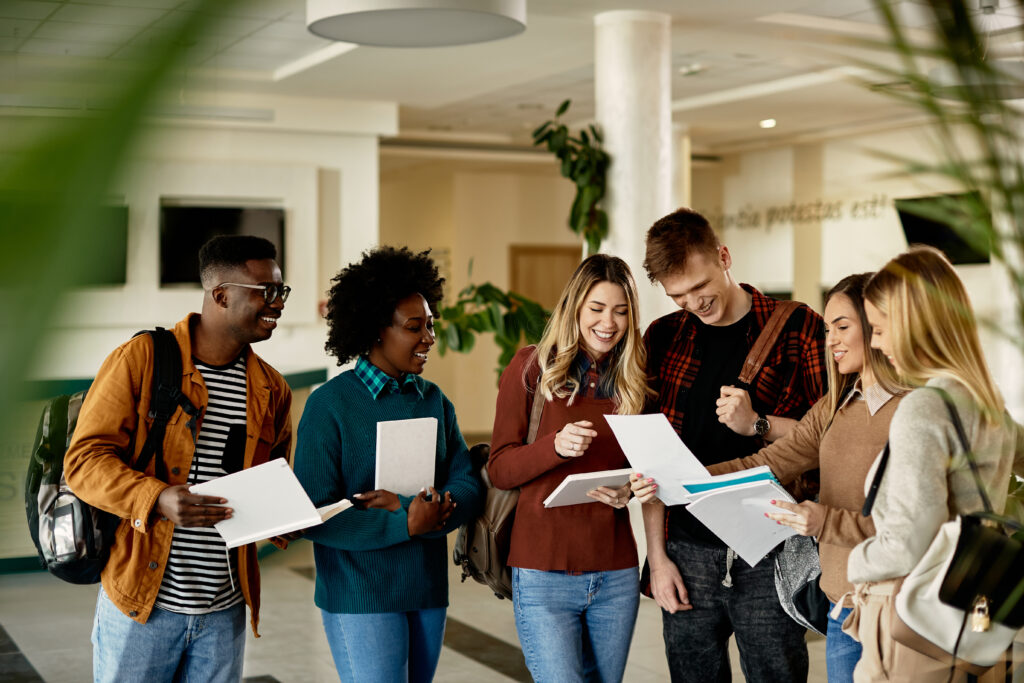If you’re about to embark on your journey to study in Australia, there are a few things you’ll want to take care of before you arrive.
Studying overseas involves a whole lot of planning, but knowing exactly what you need to tick off your to-do list can make the process much easier. This handy checklist will help you prepare for your international student adventure.
Visa
Of course, you won’t be able to enter Australia without the appropriate visa. While there are many different types of visas to come to Australia, most international students will need an Australian Student visa (Subclass 500).
There are a few documents required to apply for a student visa. For example, you’ll need to supply an electronic Confirmation of Enrolment (CoE) from your institution as well as proof of sufficient funds. You must also write a Genuine Temporary Entrant (GTE) statement, provide evidence that you meet the English language requirements and prove that you have taken out Overseas Student Health Cover (OSHC). Find out more about how to apply for a student visa.
The current fee to apply for a Student visa (Subclass 500) is AUD$710. Be sure to visit the Department of Home Affairs website for the most up-to-date information.
Travel
Before you start studying in Australia, you’ll need to organise your flights. To facilitate your travel planning, consult our guide on which airlines are flying into Australia in 2024.
For larger cities like Sydney, Brisbane and Melbourne, direct international flights are typically readily available from most international destinations. For smaller cities – such as Canberra or Adelaide – you may need to catch a connecting flight in one of the previously mentioned larger cities. Make sure to have a copy of your itinerary and tickets with you while travelling. You’ll also need your passport, which should be valid for at least six months before your travel dates.
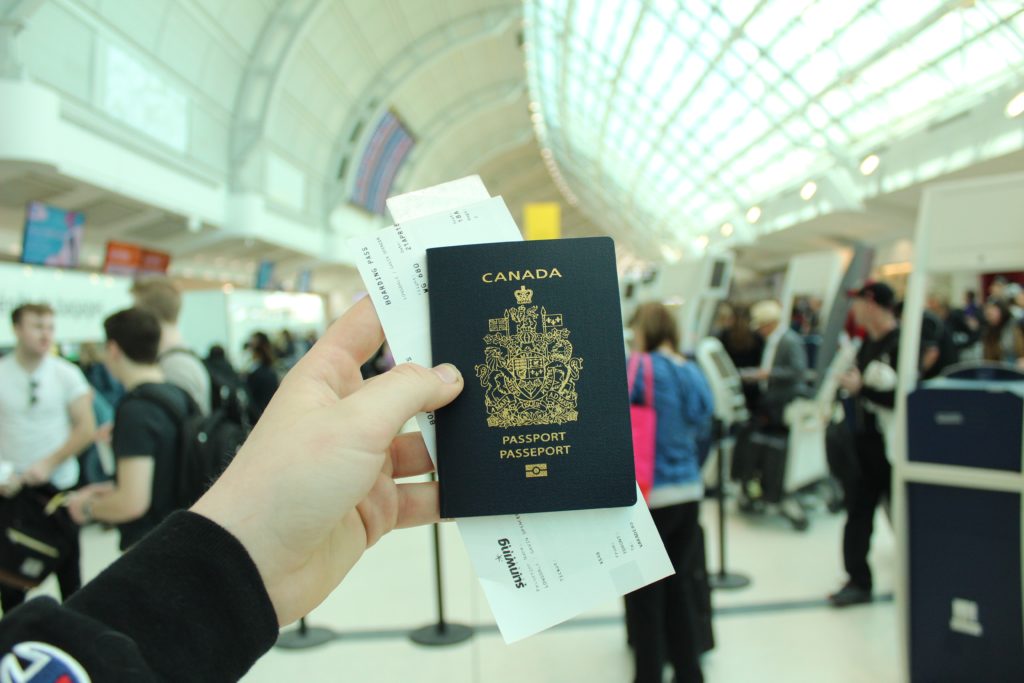
What to pack
Packing for a semester or even a whole year can be daunting, but with a bit of research, you’ll have everything you need for your life in Australia. Along with the essential clothes, shoes and toiletries, don’t forget a travel adaptor that connects to Australian power points and any medications and prescriptions you will need.
Australian customs restrictions are relatively strict, so airport clearance will be quicker if you don’t bring food, plant material or animal products. Keep in mind the luggage restrictions on your flight, and remember you can buy almost anything in Australia if you need to. You can find out more about what to pack here.
Accommodation
Before you leave your home country, it’s worth organising at least a few weeks of accommodation in Australia. If you are already booked into managed student accommodation, check your emails for information about how to get there on day one and how to get into your room.
On the other hand, if you are intending to look for a share house when you arrive, the process may take longer than you think. Make sure to have a backup option like an Airbnb, hotel or hostel reserved and research the location and check-in process to make your first day in Australia as stress-free as possible.
Public transport
All of Australia’s cities have safe and convenient public transport systems that will help you get around in your first few days. Usually, there is a bus or train from the airport to the city centre, where you can transfer to local lines to reach your accommodation. Do a bit of research to figure out how your new city’s public transport system works before you arrive. Look into the route to get to your accommodation and how to buy tickets so that you’re not caught out on your first day in Australia.
Universities and colleges are also well-connected and may even offer free shuttle buses for students. Uber and taxis are available, although they are more expensive options.
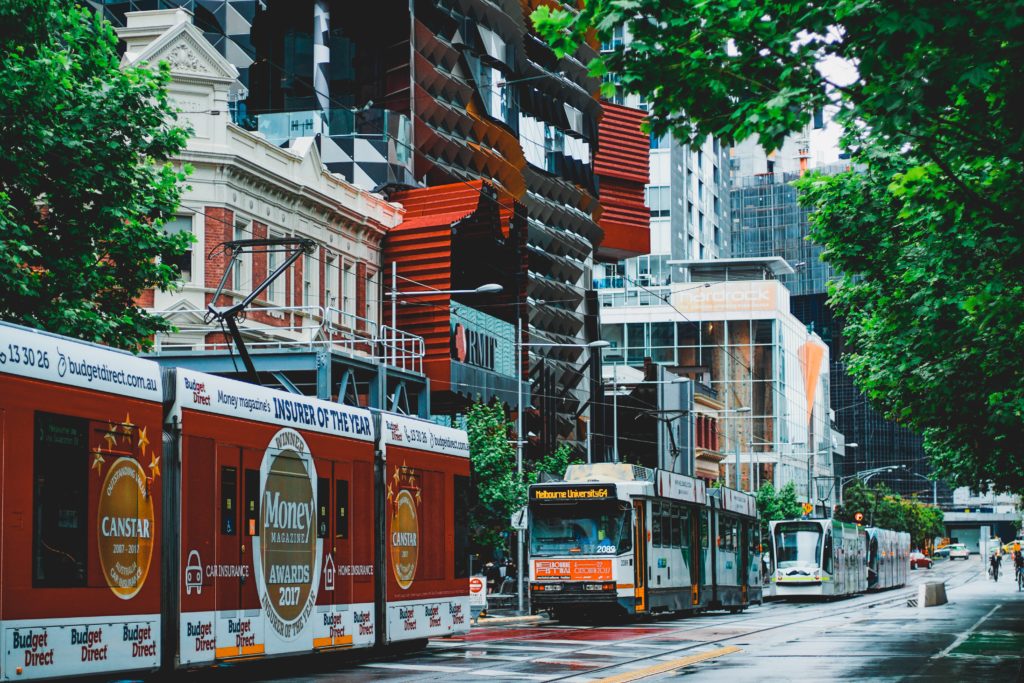
Your studies
Once you’ve been accepted into an educational institution to study in Australia, you will receive orientation information via email. Most study institutions hold an Orientation Week (O-Week) before the semester starts, with events and workshops to help new students get settled in. (This is probably also when you will enrol in your classes.) The most important things to know before you arrive are where to go on your first day and when classes start, so keep an eye on your email inbox.
Money
Before you arrive in Australia, you will need to check with your local bank whether you are able to withdraw money from overseas ATMs and what the associated fees are. There are ATMs at every airport, but it is a good idea to carry a small amount of cash in Australian dollars, just in case. Once you’re settled into your new city, you’ll be able to open an Australian bank account.
Phone
Australia has lots of mobile phone providers, so if your current phone is unlocked, you will be able to sign up for a plan or choose a prepaid service and insert a new SIM card when you arrive.
If your current phone is locked into a plan, you may need to buy an Australian phone and plan bundle. You’ll find plenty of information online about which plan will suit your needs and budget, so it might be worth doing some research before you arrive in Australia.
Your new home
Life and study in Australia might be very different from what you’re used to but, with the support of your education provider and new friends, you’ll quickly feel at home. Knowing what to expect once you arrive – including the weather conditions, how to navigate around the city and the major tourist attractions – will help you make a smooth transition. You can also download any of our city guides for relevant, up-to-date information on your new home.

